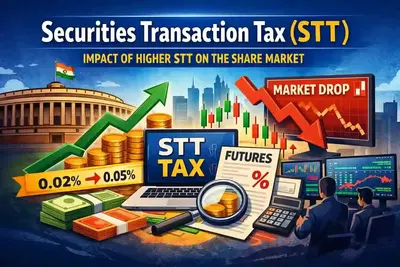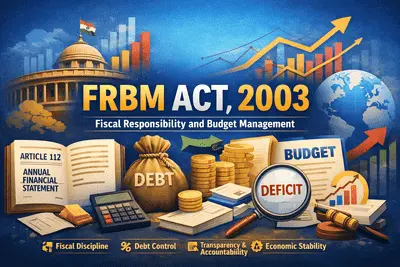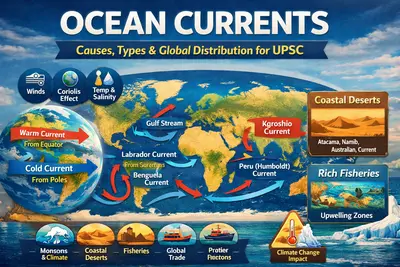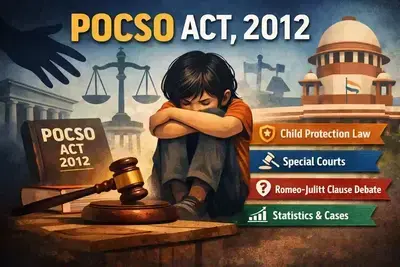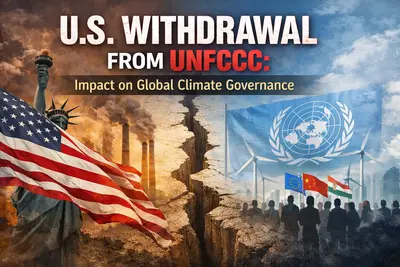Securities Transaction Tax (STT)– Meaning, Budget Change & Market Impact
Introduction Taxes heavily impact financial markets because they control market activities and influence how investors act. The recent drop in the share market following the government’s announcement of the Union Budget has increased concerns from investors regarding their transaction costs as a result of an increase in the Securities Transaction Tax (STT) on Future transactions […]
Securities Transaction Tax (STT)– Meaning, Budget Change & Market Impact Read More »
